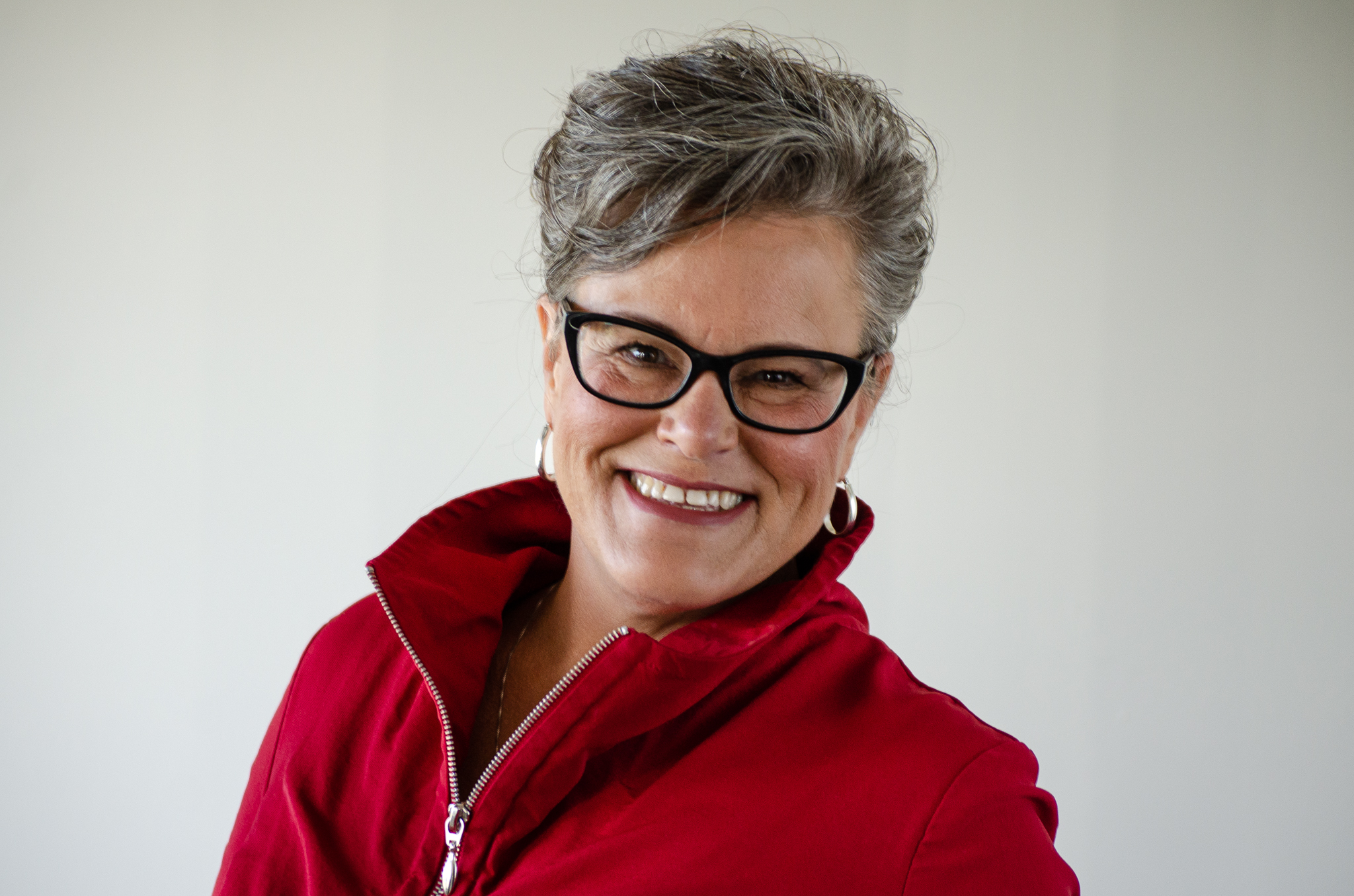Prove it.
- Brandi Heather

- Feb 5, 2022
- 2 min read
Updated: Oct 26, 2022
Why Inclusion is like falling in love.
People often ask me how we can measure the change that inclusion can have on a company’s bottom line? We get very caught up in measurement and calculations and analytics because we can measure multiple aspects of what it feels like to be included or belong in an organization. If we take out all of the checklists and queries and check-ins and questionnaires, fundamentally inclusion is found in how people feel. Inclusion is how we have conversations for weeks and months and days and years later about what they learned about each other and themselves. Simon Sinek makes a great analogy comparing how we prove someone is a good leader to how we prove that we love someone. There is no simple metric for proving that we love someone; it is in the building of trust and consistency that we prove again and again in the smallest detail that we genuinely love someone over time. Love is the things that we notice, and know, and continue to learn and be open to discovering individually and together. No one falls in love without exploring themselves, their partner, and their combined impact and potential. I would say the same thing about organizations trying to prove that they are inclusive. There is no finish line, no checklist that says you have arrived; it is in the consistency of small mindful acts every day. It is an invitation, not a command, to consider other perspectives in our interactions, to be prepared to have new conversations, say it, do things differently for the first time, and be open to asking questions instead of deciding between right and wrong. Like falling in love, inclusion is a process, an investment not a product of a single training or book learning. Inclusion is personal and collective, not fast food delivered to your door in a neat package. It’s time to recognize that sometimes the journey requires us to have awkward first conversations about where we have been and where we are going. To step mindfully and be prepared to say and do things we didn’t realize would cause hurt or harm…and to apologize and try again. Inclusion is for a lifetime, not just a moment in time.



Comments